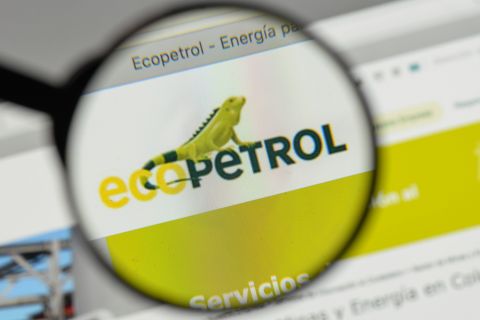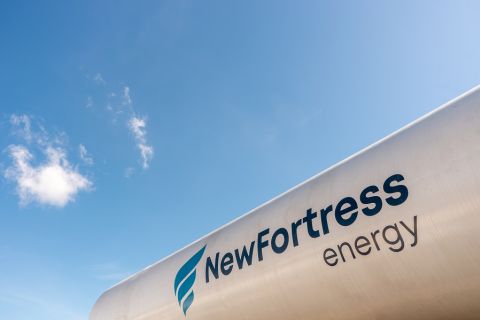Prices for heavier crude oil along the U.S. Gulf Coast have climbed in recent weeks, trading at a rare near-par with lighter oil, a sign of supply tightness that could add to rising gasoline prices.
Refineries along the Gulf Coast, which account for more than 55% of total U.S. refining capacity, are geared to run medium and heavy crudes which produce more diesel and jet fuel than lighter oil. Heavier crudes are typically cheaper as they are dirtier and cost more to process.
Pushing up heavy crude prices are falling oil exports from Mexico, the potential for resumption of sanctions on Venezuelan crude, the imminent startup of a Canadian pipeline and continued output cuts by OPEC+.
Heavy Louisiana Sweet crude traded at a $2.60/bbl premium to WTI crude futures on April 8, compared with a premium of a $2.80 for Light Louisiana Sweet, according to pricing data provider General Index.
That 20-cent difference is a fraction of the nearly 60-cent average for all of 2023.
Rising prices for heavy oil will likely help drive up gasoline prices heading into the U.S. summer driving season. The average retail price for a gallon rose to $3.60 this week, up 20 cents from a month ago. Higher prices contribute to inflation.
Prices for Canadian crude in Houston are up, trading at an average discount of $4.35 to WTI this quarter compared with an average discount of more than $6 in the last year. Canada's Trans Mountain oil pipeline expansion is set to start commercial operations on May 1 and will send more oil to the Pacific Coast.
Mexico's cuts will reduce exports of its flagship Maya heavy crude by 122,000 bbl/d. Spot prices for Maya along the Gulf Coast climbed to about $77.20/bbl so far this month, compared with about $70 in the last quarter and last year, according to General index data.
Adding to supply tightness for Gulf Coast refineries, Washington has signaled it could reimpose oil sanctions on Venezuela's oil exports. The U.S. imported between 140,000 bbl/d and 170,000 bbl/d of Venezuelan crude in recent months.
OPEC+ has agreed to extend voluntary curbs to the end of June, although some countries have exceeded their quotas.
Prices for medium and heavy sour crude oils climbed last month in part on the U.S. government's now-canceled plan to repurchase crude for its emergency reserve. Crude prices rose beyond the limit set for Strategic Petroleum Reserve purchases.
Recommended Reading
Ecopetrol, Occidental Permian JV Generating Positive Results
2024-03-07 - Ecopetrol SA's joint venture with Occidental Petroleum in the Permian continues to generate outstanding operational and financial results for the Colombian state-owned energy giant.
Report: Devon Energy Targeting Bakken E&P Enerplus for Acquisition
2024-02-08 - The acquisition of Enerplus by Devon would more than double the company’s third-quarter 2023 Williston Basin production.
Chord Buying Enerplus to Create a Bakken Behemoth
2024-02-22 - Chord Energy said Feb. 21 it will acquire Enerplus Corp. for nearly $4 billion in a stock-and-cash deal to potentially create the largest producer in the Williston Basin.
Marketed: Private Seller Certain Royalty Properties in D-J Basin
2024-02-13 - A private seller retained RedOaks Energy Advisors for the sale of certain royalty properties in the D-J Basin.
New Fortress Energy Acquires 1.6 GW Capacity Reserve Contract
2024-03-20 - New Fortress Energy now has over 2.2 gigawatts of contracted power at Barcarena, Brazil, after acquiring a contract from Ceiba Energy.




